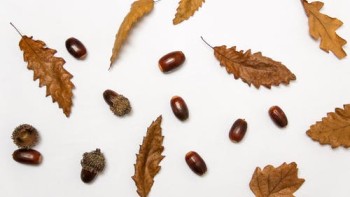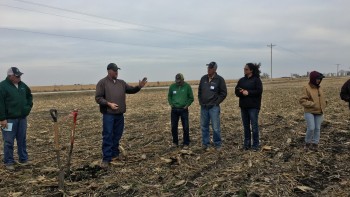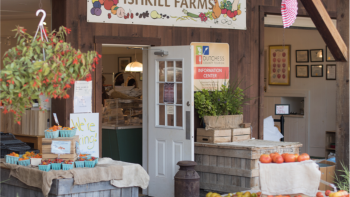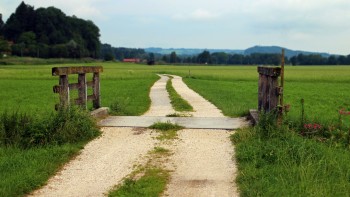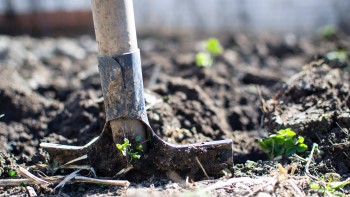Cortney Ahern Renton
Cortney Renton is the Executive Director of Proofing Station, a nonprofit charitable investment fund providing capital access to food and agriculture organizations and businesses in the Midwest. She is rooted in 15 years of multidisciplinary experience in leadership and strategy roles across diverse social impact organizations. Previously, she served as the Executive Director of CitySeed, a nonprofit based in New Haven, CT building an equitable local food system through community and economic development. During her tenure, the organization developed its first DEI Action Plan and extended programmatic reach to generate $1.5M in economic impact for local farmers and food entrepreneurs.
Cortney has also held research, fundraising, and sustainability roles with Feeding America, The Chicago Council on Global Affairs, The Greater Chicago Food Depository, and Sir Kensington’s. Her interest in food systems began with an apprenticeship on a family farm where she trained in organic farming practices from seed to harvest. Cortney received her B.A. from Colgate University in Peace and Conflict Studies, focused on international social justice. She earned her Master of Environmental Management from the Yale School of the Environment where she co-founded the Regenerative Agriculture Initiative and co-wrote a series of articles on accelerating the regenerative transition, which have been cited by the NYTimes.
